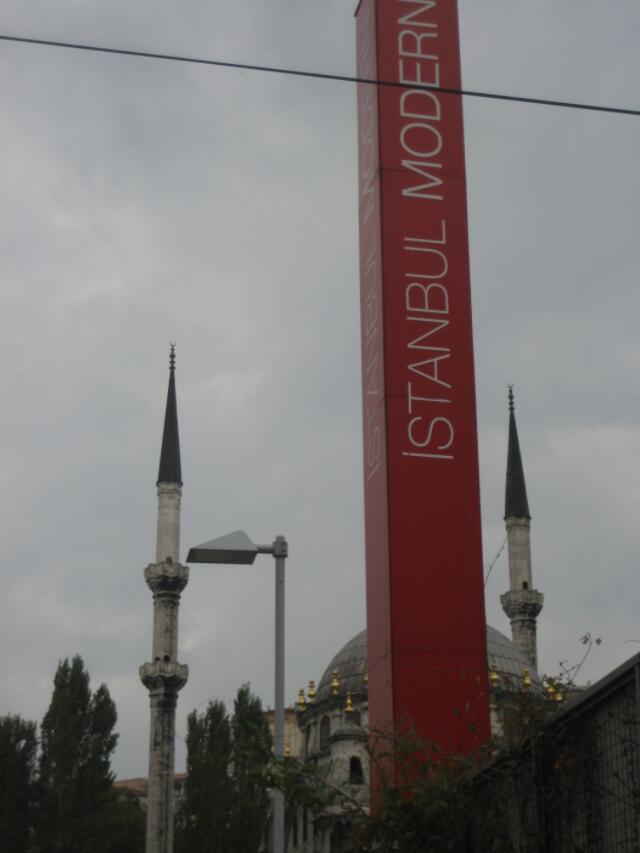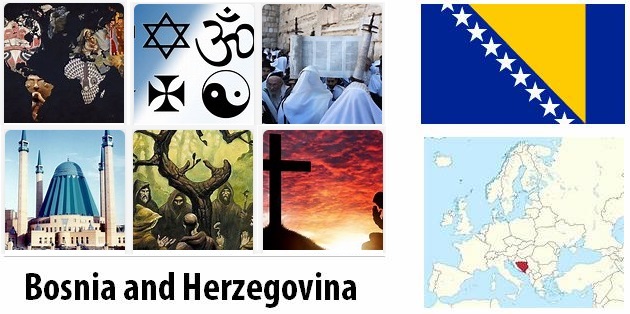Religion has traditionally played an important role in Dutch society. By the end of the 1960s, many Dutch political positions were guided by which church they belonged to. There are more Catholics than Protestants, but half the population today does not identify with any religious community at all.
Catholics dominate south of the Rhine and Maas rivers. Protestants, including the Calvinists, are most in the north. The Calvinists played an important role during the Dutch War of Independence in the 16th and 16th centuries and are considered to have contributed to the emergence of a democratic system in the country. In 2004, the country’s three largest Protestant churches were merged into the Dutch Protestant church.
For centuries, the Netherlands has shown great tolerance for free thinkers from other countries. As early as the 17th century, the country provided a sanctuary for people displaced from their home countries for religious or political reasons. Even today there are strong liberal movements in both Catholic and Protestant churches in the Netherlands, but at the same time tolerance towards Muslims has weakened. Harassment against Muslims is not uncommon and several MPs are pushing the line that Islam is not compatible with the country’s values.
Approximately one in twenty people are estimated to be Muslim, a large part of whom originated in Turkey, Morocco or Suriname. Some more profess to some other minority religion, such as Hinduism or Judaism.
- Countryaah: Population statistics for 2020 and next 30 years in Netherlands, covering demographics, population graphs, and official data for growth rates, population density, and death rates.
2016
December
Geert Wilder is being discriminated against
December 9
A court has ruled that Islamist-hostile PVV leader Geert Wilders has been guilty of discrimination against Moroccans, but is exempt from the allegations of incitement against ethnic groups (see December 2014). Wilders, who was essentially absent during the trial, has argued that the prosecution is politically motivated. The trial has attracted considerable attention, not least in view of the parliamentary elections in just a few months.
September
“Russian robot shot from rebel territory”
September 28
Prosecutors say it was a Russian-made robot that shot down the aircraft over Ukraine in July 2014, and that it was fired from a rebel-controlled area in Ukraine. As a result, they go a step further than the Dutch Transport Administration, which only established the residence of the robot manufacturer (see October 2015). The prosecution team consists of lawyers from the Netherlands as well as Australia, Belgium, Malaysia and Ukraine. In June 2019, prosecution will be brought for the shooting, against three Russian citizens and one Ukrainian rebel leader. An international arrest warrant is issued for the four men.
August
Rutte is lining up again
August 26th
Prime Minister Mark Rutte announces that he is investing in a third term as head of government after the 2017 election. However, the government parties are still at risk in the opinion polls.
The state is suing for bad air
August 2
The environmental organization Milieudefensie sues the Dutch state, claiming that poor air quality is a violation of a fundamental human right, which is in good health. According to the lawsuit, the state has an obligation to protect citizens. See also June 2015.
June
A “half place” in the UN
June 28
The Netherlands and Italy agree to share a seat in the Security Council 2017–2018, since none of the countries, despite five votes in the General Assembly, managed to get even close to the two-thirds of 193 votes needed. According to the agreement, Italy takes the place in 2017 and the Netherlands 2018. The second place that was at stake in the Western European group went to Sweden.
Geert Wilders wants “nexit”
June 26
PVV leader Geert Wilders praises the outcome of the British referendum just about to leave the EU. Wilders has promised to push the issue of a referendum also in the Netherlands on EU exit, in the upcoming electoral movement. “Now it’s our turn,” he says in a comment on “Brexit” and advocates “nexit”. Prime Minister Mark Rutte has on the contrary regretted the result in the UK, but also said it should lead to reforms in Brussels.
April
Parliament votes for Ukraine agreements
April 19
A motion by the Socialist Party that the Netherlands should withdraw from the EU’s cooperation agreement with Ukraine is rejected by a small margin; 71 are in favor of the proposal, 75 are against. The vote comes two weeks after the referendum where a majority voted to scrap the agreement.
Voter voter for Ukraine agreement
April 6
In a referendum, 61 percent say no to the EU’s cooperation agreement with Ukraine, against 38 percent yes. The turnout is 32 percent, just over the 30 percent threshold for the vote to apply at all. The decision is not binding, but it may be difficult for the government to ignore it. At the same time, all other 27 EU countries have already approved the agreement (see also Foreign Policy and Defense).
January
Air strikes in Syria
January 29th
The government gives in to a request from the US and decides to participate in air strikes against IS in Syria (see also October 2014). In the past, the attitude has been that the country would not participate as long as there is no UN mandate.





